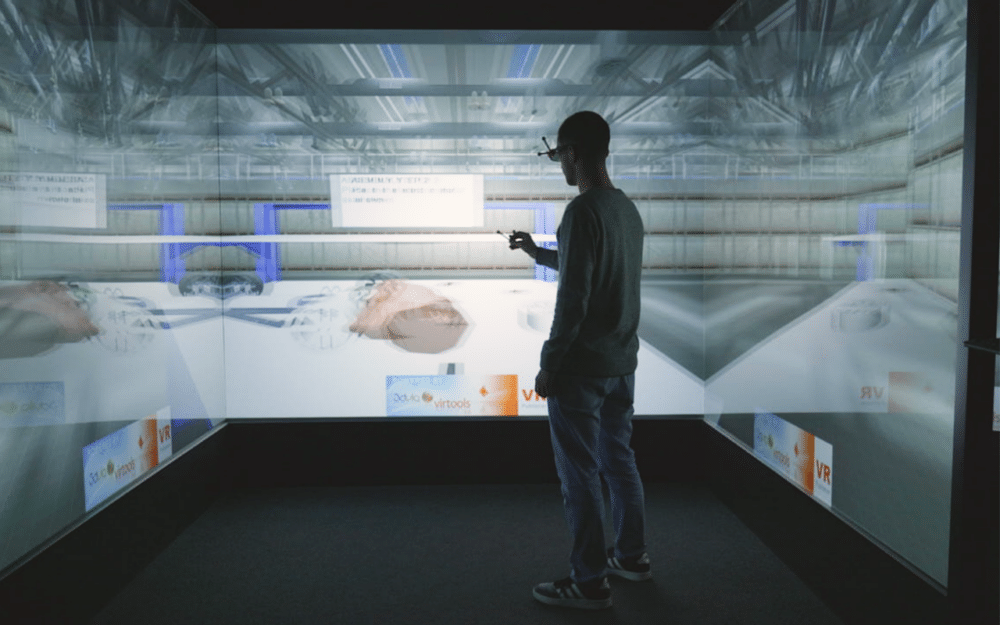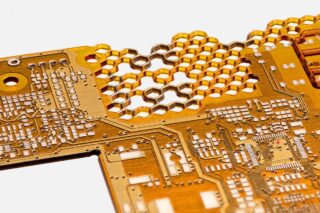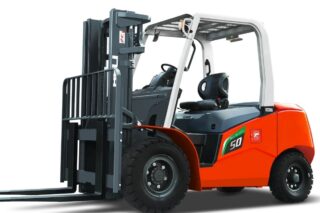As collaborative robots reach manufacturing lines, extended-reality technologies will help to ensure these systems work well with humans. The European Union Horizon project, MASTER, will provide the tools and training to make this happen.
As industrial robots become entrenched in manufacturing, a new wave of collaborative robots, designed to work closely with humans, is emerging. In the not-too-distant future, Extended Reality (XR) technologies will enhance these cobots. They will be able to effectively work with human operators. And this makes the teaching and training of robotics in manufacturing more important than ever before.
MASTER, The EU Horizon Project
European Union Horizon project, MASTER (Mixed reality ecosystem for teaching robotics in manufacturing) aims to enhance robotics teaching. It provides an Open XR platform where programmers can create and manage XR educational content in robotics. Ultimately, all users – including non-experts in content creation – will be able to develop their own teaching materials on the platform.
The project comprises seven partners from Greece, Spain, and Germany. Panagiotis Karagiannis is the Project leader. He works at the Laboratory for Manufacturing Systems and Automation at the Greek University of Patras. Karagiannis has long been exploring the future of industrial education using XR and robotics. According to him,
“We now want to attract and support as many SMEs and other organizations as possible to join our initiative. They can build on our new technologies and leverage the platform to address their technological and industrial requirements, and shape the future of training in manufacturing.”
The MASTER Platform
Robotics and XR can transform the way manufacturing processes are executed and enhance human-machine collaboration. However, the technologies are underused and issues remain. Ensuring safety and ergonomics in the workforce while providing intuitive robot programming and user-friendly human-robot interfaces are key.
Karagiannis and his colleagues expect that MASTER will address these challenges and transform students’ training.
“We don’t want to remove the traditional forms of training; we want to complete them and enhance them with new technologies. We want to offer the necessary tools to the teachers so they can give their message to their students more easily and more efficiently. We believe XR technologies are the best way of transferring the knowledge since these can help the teacher engage with their students in a virtual environment, offering more interactive methods whilst keeping pieces of their current [training] material.”
The MASTER platform comprises three key XR technologies:
- a health and safety demonstrator to ensure safe robotic environments,
- a robotic programming demonstrator for flexible application development,
- a gaze-based demonstrator for cutting-edge human-robot interactions.
Funding to Develop XR Concepts
Third-party technology contributions are critical to the success of the platform. The project’s first funding call for new collaborators is underway. Organizations in the field of XR can apply. Research institutes and European SMEs are qualifying for 100% funding. Large companies can receive 50% of the funds.
“On the one hand, we want to engage technology providers to create new tools in the XR environment that can be used to create education scenarios. On the other hand, we want to engage education institutes to create innovative materials using those tools.”
Karagiannis also aims to integrate the tools and applications, using them as a benchmark for XR-based training in manufacturing.
“If we can engage 20 to 30 applicants in our open call, then our efforts will be multiplied, achieving a huge impact on European industry.”
Looking forward, the MASTER partners are confident that the newly developed tools will aid and expedite the future teaching of robotics. Karagiannis emphasizes the importance of user-friendly, intuitive, and interactive tools. He believes trainees should engage as many senses as possible and be immersed in a unique learning experience to shorten learning periods.
“We strongly believe that education is the basis of human development, and as our civilization evolves, so should the tools that we use.”
The first MASTER Open Call will launch on 18 March until 31 March.











